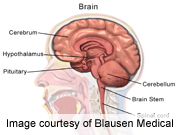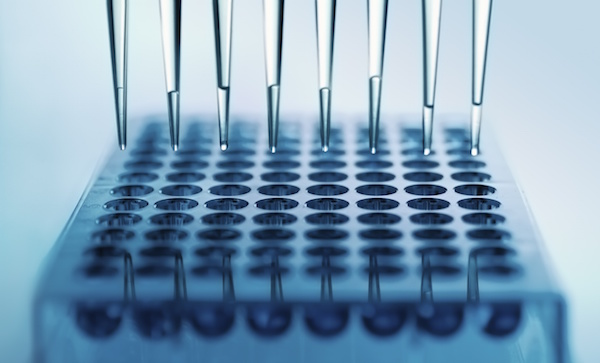
FRIDAY, Nov. 16 (HealthDay News) — The human race is slowly losing its intellectual and emotional capabilities because it no longer faces extreme evolutionary pressures, new research contends.
Human intelligence and behavior require optimal functioning of a large number of genes, but the intricate web of genes that gives people these capabilities has started to backslide, the scientists said in an article appearing Nov. 12 in the journal Trends in Genetics.
“The development of our intellectual abilities and the optimization of thousands of intelligence genes probably occurred in relatively nonverbal, dispersed groups of peoples before our ancestors emerged from Africa,” study author Dr. Gerald Crabtree, of Stanford University, said in a journal news release.
In the early stages of human evolution, intelligence was critical for survival and there was immense selective pressure acting on the genes required for intellectual development. But once humans achieved a certain level of evolutionary progress, they slowly began to lose ground.
The development of agriculture led to urbanization, which may have weakened the power of natural selection to eliminate mutations that caused intellectual disabilities, the researchers explained.
Based on the frequency that harmful mutations appear in the human genome and the assumption that 2,000 to 5,000 genes are required for intellectual ability, Crabtree estimated the effect that the past 3,000 years (about 120 generations) of human history have had on humans. He concluded that all people now carry two or more mutations harmful to their intellectual or emotional stability.
He noted, however, that the loss of intellectual and emotional capabilities is quite slow and it’s likely that a solution will be found in the future.
“I think we will know each of the millions of human mutations that can compromise our intellectual function and how each of these mutations interact with each other and other processes, as well as environmental influences,” Crabtree said.
“At that time, we may be able to magically correct any mutation that has occurred in all cells of any organism at any developmental stage,” he said. “Thus, the brutish process of natural selection will be unnecessary.”
More information
The PBS show Nova asked experts to explain human intelligence.

